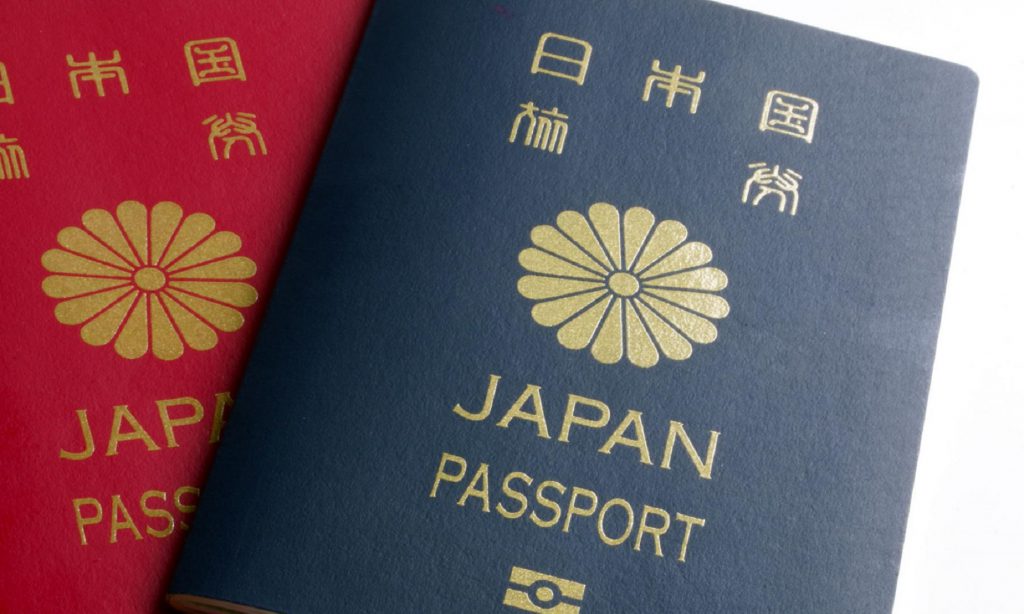Japan is a very beautiful Asian country with an incredible history and culture, a developed economy, and a high standard of living. Thanks to quality medicine and healthy eating, Japanese citizens live the longest in the world (85 years on average). For example, on the famous island of Okinawa, over 400 people are registered over the age of over a hundred years. The population of Japan is about 127 million people. Unlike many Western European countries, the share of foreign residents is only 1.6%. These are mainly Koreans, Chinese, and representatives of some other peoples of Asia. We will talk further about the prices and cost of living, taxes, demanded professions, salaries, education, medicine, the pros and cons of living in Japan.

Work and salary in Japan
As mentioned above, working in Japan is very difficult. Irregular working hours and taking leave to treat disease are common in Japanese people. Despite the stagnation of the economy in recent decades, unemployment in the country does not exceed 3-4%. For legal employment, an applicant from abroad must first find an employer and obtain a work visa.
The most demanded professions in Japan for foreigners are translators, programmers, automotive technicians, doctors, engineers, builders, and other technical specialists. Teachers of English and owners of creative professions – dancers, singers, artists are in demand. It is almost impossible to find a legal job in the sphere of unskilled labor.
According to official figures from the Japanese Ministry of Health, Labor, and Welfare, the national minimum wage in Japan in 2021 is 901 yen per hour (7.5 euros). Depending on the prefecture, the rate varies between 790-1,013 yen per hour (6.3-8.1 euros). The average salary in Japan is about 3,720,000 yen per year or 310,000 yen per month, which is the equivalent of 30,840 and 2,570 euros.
Higher education in Japan
The quality of Japan’s higher education system is known far beyond the Asian region. Largely thanks to research and development, the country has managed to create the third-largest economy in the world after the United States and China. In Japan, there are many specialized schools, colleges, and about 800 universities, which are divided into national, public, and private.
The TOP-100 of the prestigious QS World University Rankings 2021 includes 5 Japanese universities, and a total of 44 universities of this country are represented in the list. The best universities in Japan are Tokyo, Kyoto, and Osaka universities. In most cases, to enter a local university, a foreigner must successfully pass a special test – EJU. The average tuition at a Japanese university is $ 4,955 per year.
Medicine in Japan
Japan has one of the best medical systems in the world. The state covers about 70% of the health care costs of citizens, and the remaining 30% “falls on the shoulders” of the patients of local clinics. All Japanese citizens must, by law, acquire the universal and effective health insurance system in Japan. The prices for medical services are strictly regulated by the government and are generally very affordable. Depending on income and age, no more than 10, 20, or 30% of the total cost of treatment is charged per person.
In conclusion, we note that the average life expectancy at birth in Japan in 2021 is just over 85 years, while women live about 87 years, and men 82.
Prices and Cost of Living in Japan
Living in Japan is more expensive than in China or Thailand, but cheaper than in Singapore and Australia. By the way, Tokyo is the richest city in the world with a population of over 13 million people. Therefore, living in the Japanese capital is not only attractive from a professional point of view but also very expensive.
Renting a one-room apartment in Japan in the central part of the city will cost about 86.8 thousand yen per month (695 euros) and in remote areas about 58.7 thousand yen (470 euros). The price of one square meter of real estate in the center is 839.4 thousand yen (6 735 euros), and 418.7 thousand (3 360 euros) outside the city.
Prices in Japan in 2021
- Milk (0.6 liters) – 198 ¥
- Chicken fillet (1 kg) – 841 ¥
- Apples (1 kg) – 736 ¥
- Potatoes (1kg) – 403 ¥
- Japanese cheese (1 kg) – 1,868 ¥
- Bread (500 gr) – 211 ¥
- Eggs (12 pcs.) – 235 ¥
- Bananas (1kg) – ¥ 305
- Gasoline (1 liter) – 142 ¥
- Taxi (1 km) – ¥ 400
- Monthly Pass – ¥ 10,000
- Public transport – 225 ¥
- Utilities (85 sq. M.) – 22,067 ¥ per month
- Mobile communication (minute) – 36 ¥
- Internet – 4,765 ¥ per month
Note. Prices are in local currency – Japanese yen (¥). The exchange rate of one yen today is equal to 0.009 US dollars and 0.008 euros.
You may also like these related articles:
